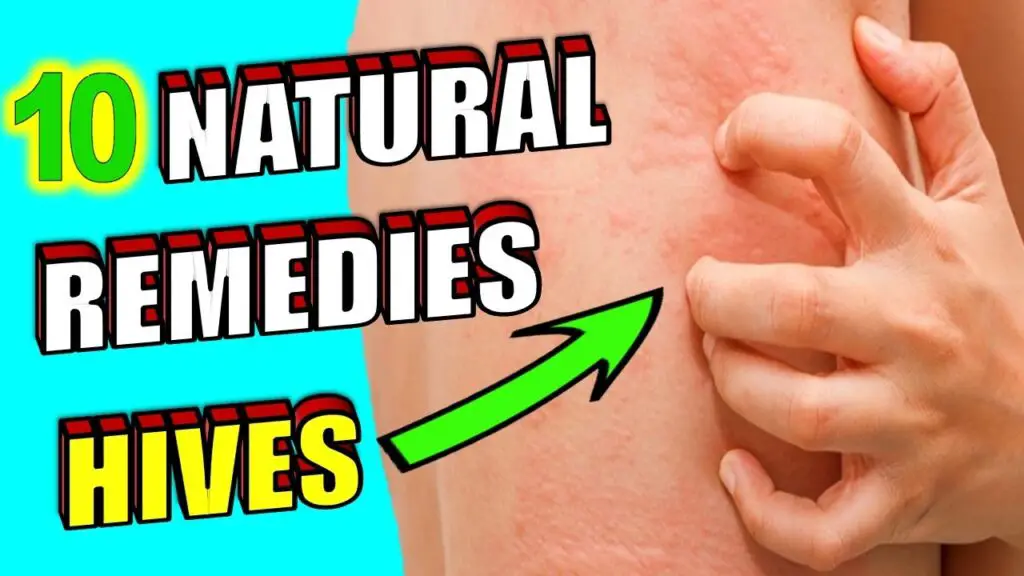Skin hives are raised bumps or welts that usually appear in pinkish or red color. They can worsen due to triggers like pollen, tight clothes, humidity, skin irritation, or extended sun exposure.
Hives typically occur after exposure to environmental irritants and allergic reactions to food or drugs. Thankfully, they’re not a severe or long-term skin problem. Hives is a temporary condition that can quickly be taken care of by natural home remedies or over-the-counter drugs. However, chronic hives (chronic urticaria) are serious and may require immediate medical attention. Raided welts lasting longer than six weeks can be termed chronic hives.
In this guide, we'll look at some of the most effective natural remedies to get rid of skin hives.
10 Natural Remedies to Treat Skin Hives
Many prescription drugs effectively treat skin hives, but there’s always a risk of side effects. This isn't usually the case when you choose one of the below all-natural solutions.
1. Start by Treating Inflammation

Inflammation is a common cause of skin hives, so avoiding inflammation is a great place to start.
If you’ve been using products that are rough on your skin, avoid them for now. They’ll irritate your skin, make you itchy, and ultimately cause inflammation.
Many everyday products are harsh on the skin. These include soaps, scrubs, laundry detergents, body washes and many other chemical-based skincare products.
As a general rule of thumb, anything that takes away your skin’s moisture and irritates it is bad. Replace moisture-stripping products with 100% organic alternatives, especially if you have sensitive skin.
A quick way to calm the inflammation and soothe your skin hives is to prepare a cool bath, add a few drops of relaxing essential oils, and sit for 20 to 30 minutes. If you don’t have that much time, a cold shower should also get the job done.
2. Say No to Hot Baths and Tight Clothes (Temporarily)
If hives aren’t irritated by outside factors, they typically go away on their own. If your hives generally last for a week or more, it might be due to irritation caused by everyday activities, such as wearing tight clothes or taking hot showers.
Wear comfortable clothes that are breathable and soft to the touch. Rough materials and tight clothes will rub against the hives and make them worse, causing them to stick around for longer.
3. Take an Oatmeal Bath
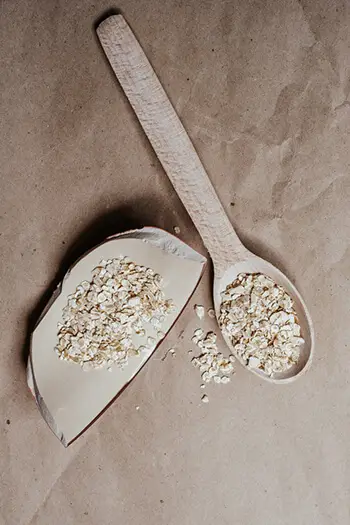
Here’s a treatment method based on something you probably already have in your kitchen cabinet: oatmeal.
Wrap up one and a half cups of raw oats into a thin piece of cloth and tie it up at the top. Make sure that the oats are secured inside and won’t spill out. The goal is to make the oat-filled cloth into something like a ‘teabag’ for your bath.
To prepare your bath, place the oatmeal pouch under running water as the tub fills up.
As water passes through the pouch, it will be enriched by oatmeal’s natural skin-calming properties, thanks to its high salicylic acid content.
Once filled, your bathwater is all set to fight off your skin inflammation. Simply take a long, relaxing bath, and the welts on your skin should be soothed by the oatmeal.
Note that your bathwater shouldn't be hot or even warm, as this can worsen skin inflammation.
4. Use Aloe Vera
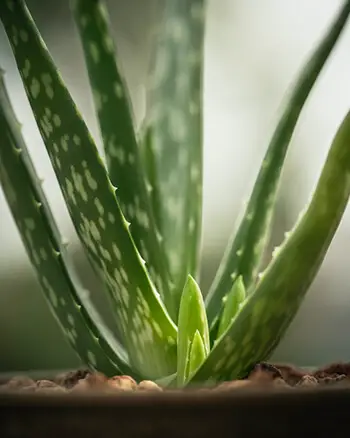
When it comes to natural skincare recipes, not many ingredients come close to Aloe vera and its incredible healing qualities.
Aloe vera is naturally rich in anti-inflammatory properties, and that’s exactly what you need when treating skin hives. Simply apply aloe gel topically on the affected area several times a day. You should see promising results in a day or two.
If you don’t have access to an actual aloe vera plant, you can easily find organic gels and aloe-based creams at your local pharmacy.
While natural treatment methods don’t generally have side effects, it's important to note that aloe vera can still cause dermatitis as an allergic reaction.
Before you use it to treat skin hives, it’s advisable to perform a skin patch test with aloe vera to see if it’ll irritate your skin. Apply the gel to a healthy patch of your skin and wait 24 hours to see if you feel any irritation. If everything remains normal, it should be safe to effectively treat hives.
5. Treat Your Allergies
If allergies are the main cause of your skin hives, all other natural treatment methods will be useless until you address them. Many different triggers can cause hives, depending on the type of allergies you’re prone to.
Pets, certain foods, environmental irritants, sun exposure, and many other allergens can cause skin hives. A helpful first step is to get tested for skin allergies to know exactly what you're dealing with.
If the same triggers keep irritating your body, no amount of skincare routines will help. Once you get tested and know what to avoid, you can prevent skin hives from popping out in the first place by making healthy lifestyle and dietary changes.
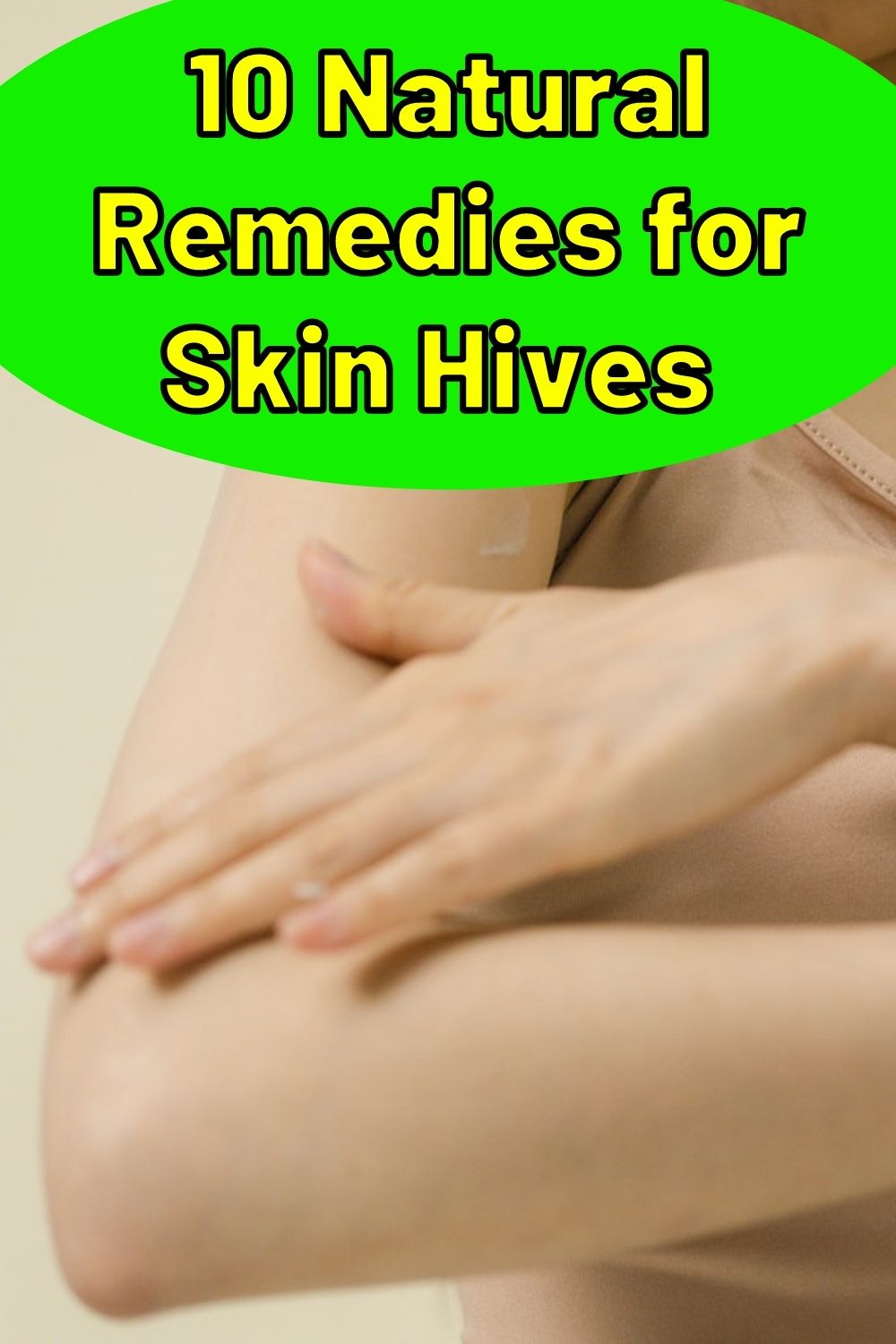
6. Witch Hazel
Witch hazel is a herb rich in a compound called tannins, working as a safe-to-use astringent that helps calm skin irritation. Dabbing a witch hazel mixture topically on the affected area can get rid of the itching and stinging sensations.
The herb is also rich in antioxidants and naturally has healing properties. You can pair it up with other natural healing products like aloe vera gel for even better results.
Here’s how you can prepare a liquid mixture of witch hazel for treating skin hives naturally:
- Take a cup of water
- Add about 10 grams of witch hazel
- Pour it into a pot and mash up the bark in the water
- Let it boil on high heat
- Strain and let it cool down
- Apply it topically to the affected area on the skin
Let it sit for at least 20 minutes, and rinse it off. Repeat it several times a day for the best results.
7. Reducing Stress Levels
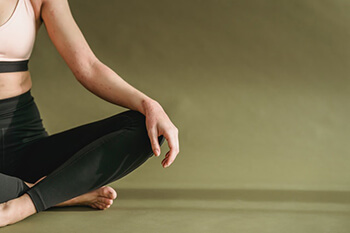
Stress is another of the leading causes of skin problems, and it can also cause hives. The more stress you’re under, the more breakouts you’ll have on your face.
A 2003 Stanford University study found that students experienced many acne flare-ups on examination days — a period of high psychological stress as reported by the students.
There’s lots of science behind why stress can trigger hives, but it's not essential to understand. You can think of stress as another trigger that causes an allergic reaction — ultimately causing skin hives. Stress can often indicate that you’ve been too hard on yourself and you need to relax.
The most important natural remedy to your skin hives is to bring down your stress levels as much as possible. You could try solutions like regular exercise, meditation, yoga, massage, prayer, mindfulness, or anything else that slows your heart rate and makes you feel at peace.
It’s also worth noting that hives are possibly the least concerning side effect of being overly stressed out. Stress can lead to much more dangerous health issues, so if you're dealing with chronic stress, you should work to get it under control as soon as possible.
8. Baking Soda Paste
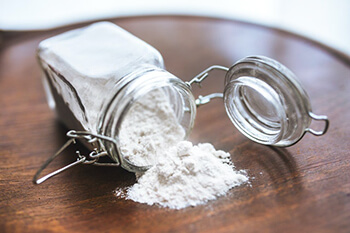
Baking soda (or sodium bicarbonate) is an ancient remedy for soothing and cleansing injuries, rashes, insect bites, itchy or irritated patches of skin, and poison ivy.
Applying baking soda paste topically on the affected area is also an effective natural treatment for skin hives.
Baking soda’s chemical makeup keeps the skin’s pH levels balanced, having a soothing impact on inflamed or irritated areas.
To make a paste, take a generous pinch of baking soda and mix with cold water to form a paste. Rub the mixture onto the skin hives. Once it dries, wash it off with cold water.
You’ll hopefully feel immediate relief from baking soda’s calming effect on the skin, but use it a few times every day to see off your hives for good.
9. Acupuncture
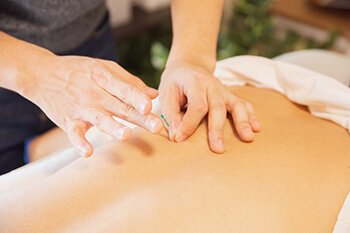
Another ancient healing technique that can work wonders against skin hives is acupuncture. This treatment stems from traditional Chinese medicine and involves inserting needles into the skin to stimulate particular pressure points in the body.
Licensed and trained practitioners carry out this procedure, so do not try it yourself at home.
While acupuncture is commonly used to treat different types of pain, it can also relieve itching and swelling caused by skin hives. It also addresses the hormonal imbalances that might be the primary cause behind your skin hive problems.
There have been several studies published on the effectiveness of acupuncture in dealing with hives. While there’s certainly room for more authoritative research to make any bold claims, the technique seems promising from what we know so far.
10. Supplements
Certain supplements can also be significantly effective in cleaning up your skin hives quickly. Because supplements are all-natural, there’s no real risk of side effects.
According to research, the plant flavonol quercetin has strong antihistamine and anti-allergic properties. It’s also an excellent antioxidant, making it ideal for treating skin hives naturally.
If you don’t want to use supplements, you can also get a sufficient amount of quercetin in your daily diet by consuming fruits and vegetables like red onions, kale and grains.
Prevention Is Better Than Cure
As discussed earlier, some of the leading causes of skin hives are allergic reactions to various forms of triggers. The simplest lifestyle changes can make hives much less likely in the future.
The first step is to get tested for allergies to know what you’re up against. Your doctor will let you know what you need to stay away from. They may even give you allergy shots to reduce the risk of unwanted allergic reactions that trigger hives.
Moreover, avoid rough chemical-based skincare that irritates the skin. Tight and unbreathable clothes (like latex) will also significantly increase the chances for hives — especially if you’re in humid areas.
In Summary
Mild hives are uncomfortable, itchy, and even painful — but they’re only an acute skin condition that should go away soon. Wear comfy clothes that are light and breathable, and try some of the natural treatment methods described in this article to get rid of them quickly.
Note that if you're experiencing more serious symptoms, like consistently itchy skin and welts lasting longer than six weeks, you're dealing with chronic hives. In that case, you should see a dermatologist as soon as possible for professional medical assistance.

